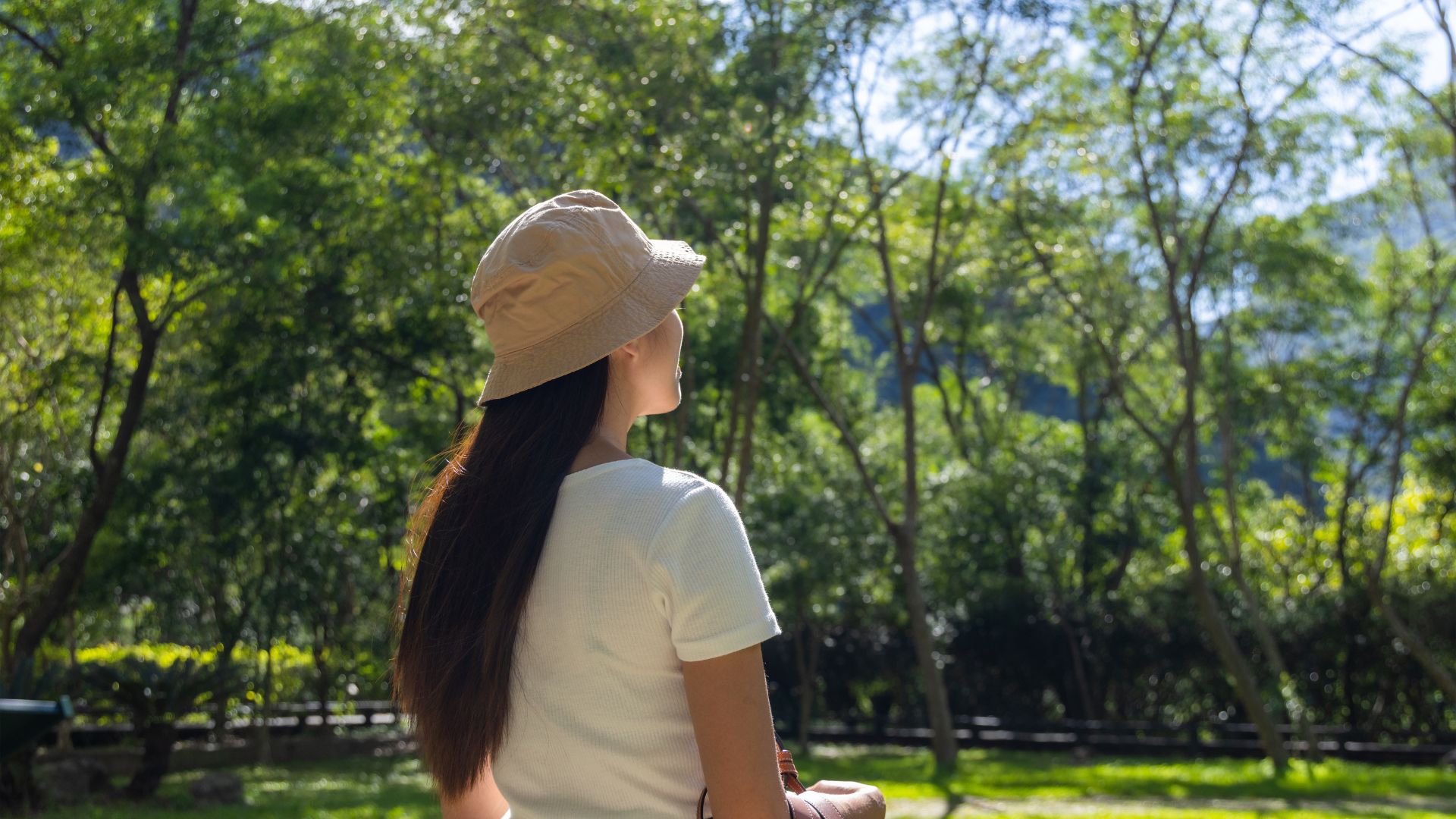Living during this time can either corrupt or enlighten people’s minds. A vast change in surroundings and environments caused by social media and other voices of this world can lead people to anxiety and stress.
People tend not to shift their focus for a moment and choose to fight the chaos right away rather than taking a pause and breathing.
Oftentimes, people are very open to having a conversation about mental health, especially those who advocate for it. In events like this, people should not undermine the importance of taking a break and changing their environment for a brief moment.
In line with this, moments spent in parks and green spaces can help alleviate stress, depression, and anxiety for every individual. Ensuring that everyone has access to parks and outdoor activities is essential for enhancing health and improving the quality of life within your community.
Nature is not just a luxury—it is a fundamental necessity that plays a crucial role in nurturing our emotional, psychological, and physical well-being.
The mental health benefits of connecting with nature are vast and varied, encompassing everything from sprawling green spaces like parks, forests, and woodlands to calming blue spaces such as rivers, wetlands, and beaches. Even the simple presence of nature in our daily lives—trees lining urban streets, private gardens, window boxes, or indoor plants—can provide a restorative effect. Each of these elements, whether grand or modest, serves as a reminder of the profound and healing relationship we share with the natural world.
Here are some facts on how visiting eco-friendly spaces can boost one’s mental health:
Proximity to Green Spaces Reduces Stress

People living more than 1 kilometer away from a green space have nearly 50% higher odds of experiencing stress compared to those living less than 300 meters from a green space. Regular visits to these spaces are linked to lower stress levels, with those who visit green spaces a few days a week experiencing significantly less stress.
Nature Is Crucial for Mental Health

Multiple studies have shown that separation from nature can negatively impact human development, health, and well-being. Regular interaction with natural spaces is essential for maintaining good mental health.
Access to Green Spaces Linked to Lower Anxiety
Research in the Netherlands found that people living in areas with minimal green spaces had a 44% higher rate of physician-diagnosed anxiety disorders. This effect was particularly evident among children and individuals with lower education and income levels.
Greener Areas Associated with Lower Depression Rates
Physician-diagnosed depression rates were 33% higher in neighborhoods with fewer green spaces compared to those with abundant natural environments, emphasizing the mental health benefits of green surroundings.
Long-Term Mental Health Benefits of Green Space Proximity
People who moved to greener areas experienced significantly improved mental health up to three years after the move. Their mental health scores showed considerable improvement compared to their pre-move state, highlighting the lasting effects of natural spaces on well-being.
Increased Life Satisfaction in Greener Areas
Individuals living in greener neighborhoods reported less mental distress and higher life satisfaction, further reinforcing the positive impact of nature on overall well-being.
Physical Activity in Green Spaces Boosts Mental Health

Engaging in physical activity within green spaces offers stronger mental health benefits compared to exercising in non-green environments. This suggests that the combination of nature and physical activity plays a vital role in enhancing mental well-being.
Green Spaces Contribute to Better Physical Health
Regular use of green spaces is associated with decreased health complaints, improved blood pressure and cholesterol levels, reduced stress, better general health perceptions, and greater resilience in facing daily challenges.


















